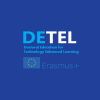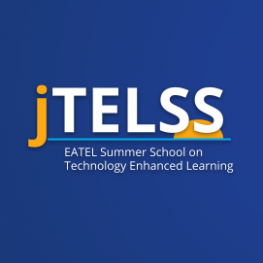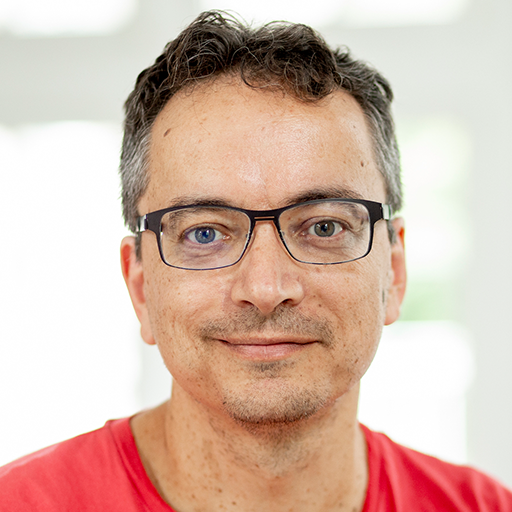Speakers
Hans Hummel
Open University of the NetherlandsRoland Klemke
Open University of The Netherlands, The Netherlands / TH Köln, GermanyStart
24/05/2022 - 16:00
End
24/05/2022 - 17:30
Instructional Design for Serious Games
Tuesday 24/05 16:00-17:30h
Outdoor Area B
This session is organized by the DETEL Erasmus+ project. 
DETEL is a strategic partnership among nine European universities and EATEL to reflect their expertise in doctoral education into a new study program in TEL, extended with rich and professionally produced OERs.
Abstract
Over recent years the use of games for serious educational purposes has matured. There is some evidence now on what (not) works. The importance of high quality game design based on sound Instructional Design approaches and models is crucial. This workshop will provide a presentational part explaining some of these models, and a hands on part in which participants can apply this approach on a smal game design.
Needs Analysis
Serious Gaming and Gamification is in the interest of many PhD candidates in the TEL/EdTech domain. Much of the knowledge and experience is based around members of the EA-TEL SIG on SeGaGa (Serious Games and Gamification), under which ‘flag’ this workshop is contributed.
Learning Objectives
Most important learning objectives are:
- Understand the importance of game design
- Understand the importance of dedicated ID approaches, authoring platforms and models for game design
- Grasp the essence of some of these models provided as examples
- Learn to apply the acquired knowledge in designing a small serious game (and/or redesign an existing game)
Most important examples used will be the EMERGO approach and platform, and the 4C/ID and LM-GM models for active and experiential (complex) learning with games
Pre-activities
None.
Session Description
Interaction will be both in presentation (Q&A) and hands on part (distributing materials to be worked out in small groups, walking around to provide suggestions).
Post-activities
There will be additional follow-up materials provided.


